If you want better sleep, then sleep hygiene is your best option!
Depending on how complicated your particular form of insomnia is, you may or may not have to follow every guideline that is included below. The length of time for each of them is also different, but you will have to commit for as long as it takes to regain a normal circadian rhythm.
For example; if you have hypoglycemia, cortisol resistance or another kind of hormonal imbalance, then you will likely have to follow all of the guidelines below as well as consider specific treatments for your condition.
If you have an Autoimmune Condition, the metabolic instability, excess stress hormones, and subsequent chronic inflammation are your biggest challenges in slowing your illness down.[1]https://www.sciencedirect.com/science/article/abs/pii/S1556407X07000471
If you only have a mild form of insomnia due to recent stress, a schedule change or travel, you may only have to engage in a few guidelines for a short period of time.
Regardless of what form of insomnia you have, or if you just want to improve your sleep to improve your health, what you need to do first is restore your circadian rhythm.
This takes some patience and dedication, so as you read through the following sleep hygiene guidelines start with as many as you can that will fit into your life without adding any more distress. As each guideline becomes a normal part of your life, gradually start to add the rest.
Adjusting your circadian rhythm is not an easy thing for your deeper physiology to accomplish because it takes any kind of change as a stressor. These are all tried and true methods and they all make sense from what we know about evolution, and what research in modern medicine has shown to be the most effective.
Every evening – remind yourself that this is going to be about patience and dedication.
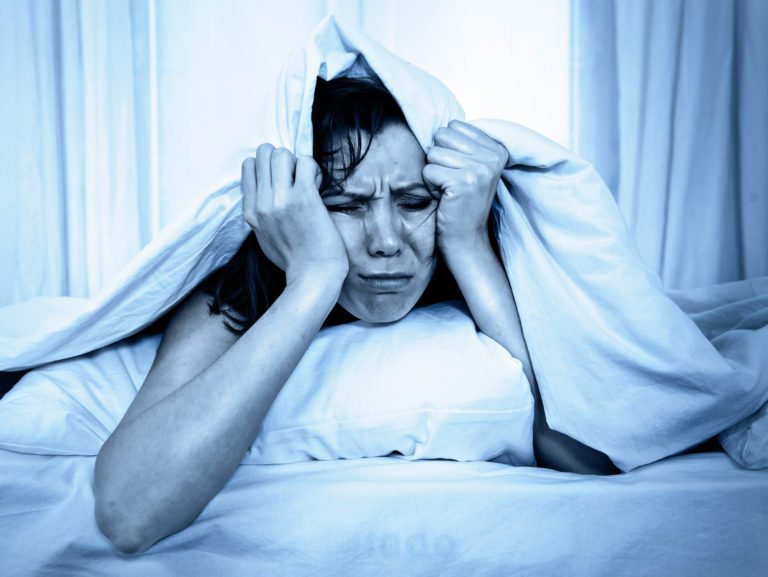
In this article, I am going to introduce you to the following proven strategies for implementing sleep hygiene into your life:
-
-
- Create an Extended Sleep Schedule
- Sleep Restriction Therapy
- Don’t use caffeine or sugar to stay awake!
- Create A Sleeping Room
- Regulate Your Light Exposure
- Learn to Balance Stress and Relaxation
- Keep Your Metabolism Stable
- Balance Your Social Life
- Eat Nutrient Dense Food
-
Create an Extended Sleep Schedule
This is as simple as it gets, but this may be one of the hardest things for you to be consistent about. And this practice is going to require consistency.
In order to inform your body that you are committed to your sleep, you will need to be in bed for 9 – 10 hours a night – EVERY NIGHT.
If you have a normal sleep pattern and schedule, then I recommend being in bed from 10:00 – 8:00 if possible. If you think of yourself as a night owl then get to bed by 11:00 and if you are an early bird then get to bed by 9:00 pm. This is just the first step and the amount of time you will need to be in bed may become less.
If you feel that you will go crazy just laying in bed, then find a source of soothing music or an audiobook – don’t play with your device. To see if this opportunity will help you it will take about three weeks.
Dedicating this much time to sleep is important at the beginning, but as your sleep improves and stabilizes, you will probably only need to commit 8.5 hours in bed each night.
For some people staying in bed too long can actually make things worse. It doesn’t happen that often and there is only one way to find out. If, after three weeks, you are sure that your sleep hasn’t improved and your Chronotype (see below) is unchanged at all then the next step is Sleep Restriction Therapy.
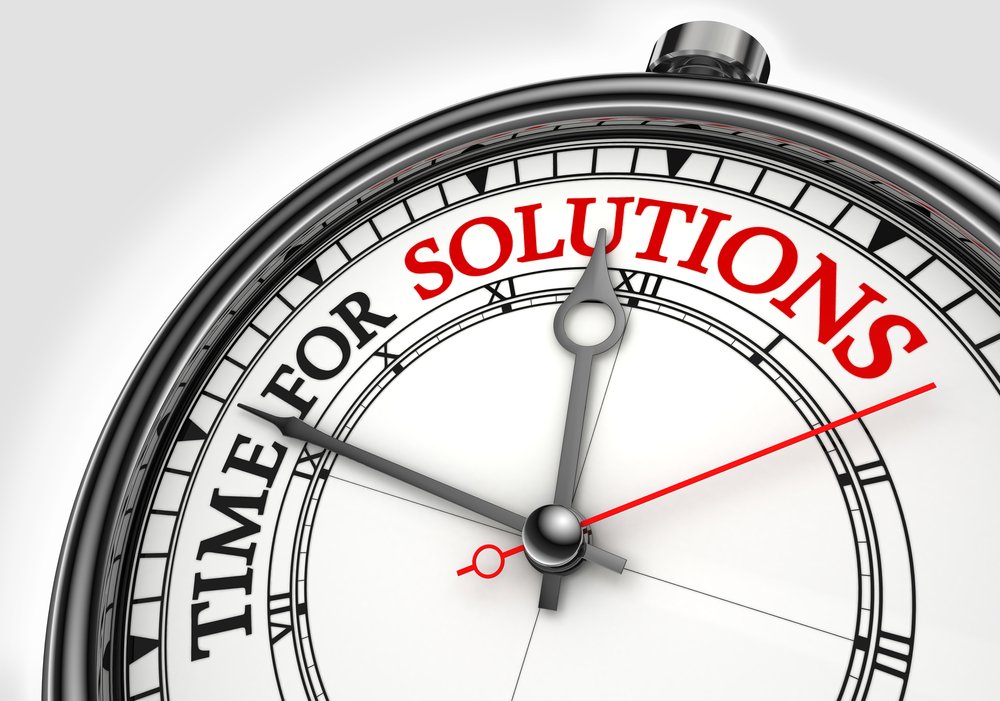
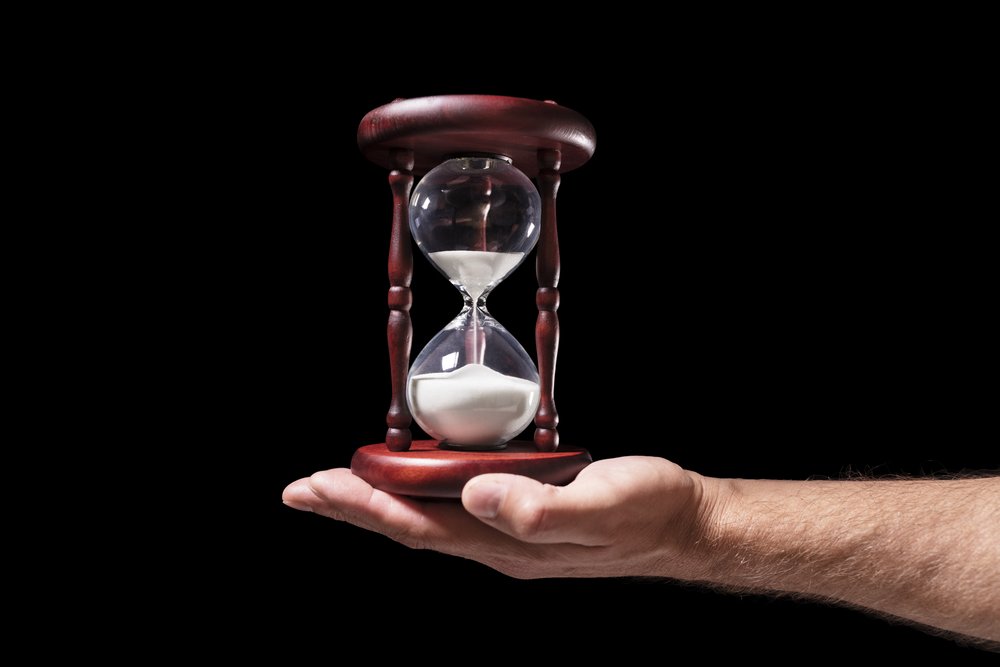
Sleep Restriction Therapy
Sleep Restriction Therapy (SRT) is another well-researched option for resetting your circadian rhythm.
If you tried an extended sleeping schedule and feel that your insomnia hasn’t improved noticeably, then this is the next step. The first step is to estimate how many hours of sleep you actually got while lying in bed for 9 – 10 hours. If you only got 6 hours in total then you are only allowed to be in bed for 6 hours a night.
Ideally, you will want to go to bed around 10 – 11:00 pm. This approach also takes a lot of discipline because you are not allowed to nap during the day. You also need to engage in all of the other guidelines for sleep hygiene.
The way SRT works is to force your metabolism’s sleep drive to organize itself around a limited opportunity to go through the normal stages of sleep. If you only give yourself 6 hours, you will only go through four complete 90-minute cycles at best.
This is actually hard on your body, but if you are already only getting six hours of interrupted sleep, then forcing your sleep to be more solid is an improvement. SRT also works by spreading out your metabolism’s waking drive over 18 hours, which weakens it in a way that can help people who have difficulty getting into the deeper stages of sleep.
It is normal to feel tired throughout the day, but this usually normalizes after a couple of weeks.
This is an experiment and it requires consistency!
Do Not use caffeine or sugar to stay awake!
Once you have practiced Sleep Restriction for 3 – 4 weeks at 6 hours per night, the next step is to add 15 minutes to your sleep time and see if you sleep all the way through.
If you sleep through the night then add another 15 minutes in four days.
If you do not sleep all the way through then keep your sleep time at 6 hours and fifteen minutes until your sleep drive has adjusted and you are sleeping all of the way through the night. Over time you should be able to get at least seven and eventually as close to eight hours a night as possible.
Some people take a week or two to be able to sleep an extra 15 minutes so this process can take a couple of months of dedicated sleep hygiene and disciplined sleep scheduling.
During this time, avoid caffeine and sugar. As enjoyable as these substances may be in the short term, your metabolism needs ZERO interference and minimal stress to go back to normal. CAffeine feels like it gives you energy by interfering with Adenosine, a neurotransmitter that is behind metabolic sleep drive. If you want to learn about all of the ways that sugar disrupts proper sleep, check out this article on Why People Crave Carbs Before Bed
Considering the devastating long-term consequences of insomnia, it is definitely worth the effort!

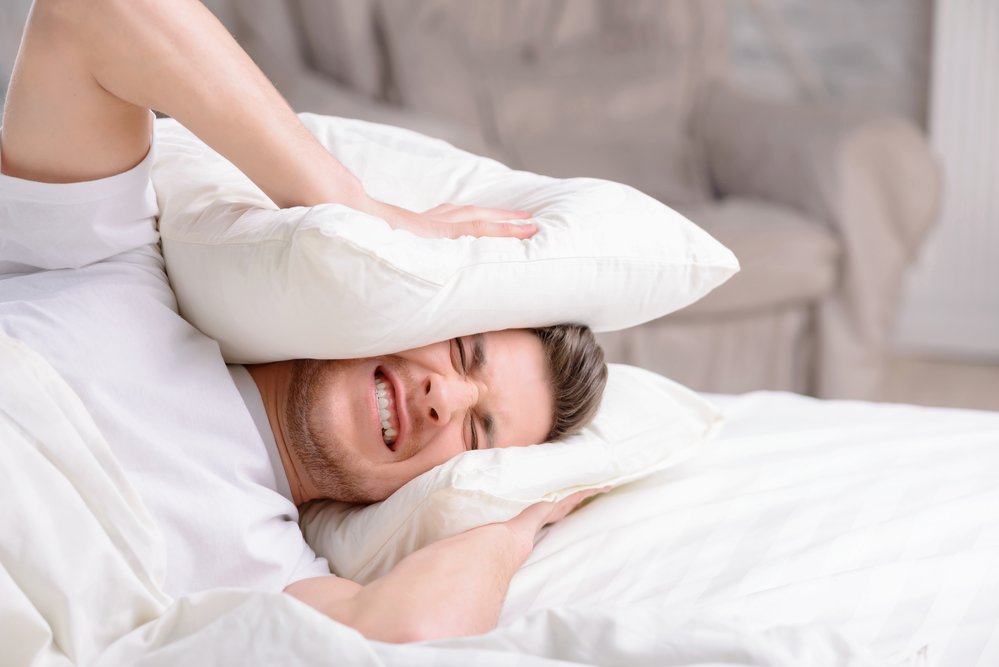
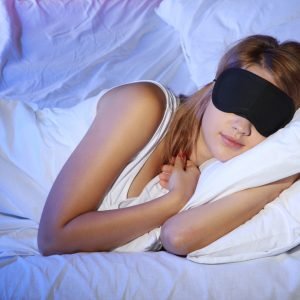
Create A Sleeping Room
It is very important to develop a therapeutic relationship with your bed and bedroom.
Besides sex with your partner and a Sunday morning cuddle with your kids, the only thing that should happen in your bed is sleep. It is a psychological thing. Many people watch TV, or read, or do paperwork, or surf the net, or text while lying in bed.
If you are trying to recover from insomnia then you need to have an almost sacred relationship with your bedroom.
The first step is sound. On a primordial and instinctual level, it seems obvious that a very quiet room is essential. However, in the modern world with city noises, heaters and air conditioning and fifty things that go beep in the night, keeping any kind of sound discipline is pretty challenging. If you cannot control the external noise in your environment, get some earplugs or noise-cancelling headphones.
An option that many people choose is some form of white noise. This could be a fan in the corner of your room, a recording of the ocean waves, or of a gentle rainfall. Strangely enough, rain seems to be the best sound to fall asleep to.
When it comes to noise, the least popular guideline is to keep your pets out of your room because they move around and may even snore.
The second step is light. Your bedroom should be as dark as possible. That means no lights from a clock or other digital devices. If you need to, you can put a towel over your alarm clock and use some electricians tape to cover any LED lights.
A speaking alarm clock is the best way to wake naturally, especially if you find one with gradually increasing volume. Cover all of your windows with the darkest and heaviest curtains you can find. A complete lack of light for 9 – 10 hours is an important part of resetting your circadian rhythm.
The third step is the temperature. Your sacred sleeping chamber should also be cooler than normal because a slight drop in body temperature is necessary to go into the deeper stages of sleep. This doesn’t mean you should be lying there shivering, it just means to be in a cool environment. Ideally, your indoor temperature should be 65F or lower at night and between 72 – 75 F during the day.
Your body needs the temperature drop to be noticeable.
The fourth step is feeling cozy. Having a comfortable bed is essential. As obvious as that sounds we all get used to the bed we have and may get used to an uncomfortable bed. It is worth the time and expense to go out and try a few different mattresses and pillows and see if you find an even more comfortable place to sleep.
There is a bit of a psychological trick with a new bed as well. If you have two years of poor sleep in the bed you sleep in now and you get a new (or different) bed, you are giving yourself a new environment to associate with sleep. As you put all of your sleep hygiene practices into place, you have an even better chance to improve your depth and length of sleep.
Another opportunity is to have some aromatherapy essential oils by your bed. Popular oils to help you sleep better are Roman Chamomile, Lavender, Clary Sage, and Rose. Shops that sell aromatherapy products are also likely to have premixed insomnia combinations that may be very effective. The easiest way to include this in your sleep hygiene is to have a dish next to your bed with a cotton ball that has a few drops of oil added to it. As you get into bed inhale a few deep breaths from the aromatic cotton ball and focus on relaxing your body as you get comfortable. Keep the dish next to your bed all night.
If you find that aromatherapy is helpful, as many do, you may want to invest in a diffuser.
Regulate Your Light Exposure
The proliferation of televisions in every room, computers on every desk, tablets and smartphones in almost everyone’s hand has created a virtual explosion in the volume of light entering our eyes every day, but more importantly every evening.
Your internal master clock, called your Suprachiasmatic Nucleus, and your pineal gland[2]https://www.ncbi.nlm.nih.gov/books/NBK550972/ regulate your circadian rhythm and your depth of sleep.
Exposure to light at night interferes with your pineal gland’s ability to release melatonin. Ideally, your exposure to light should diminish gradually and you should have about 40 minutes of minimal light before bed.
There is an app you can get for your computer called F.Lux that is free. It gradually removes the blue light from your computer and some modern smart TV screens. If you are usually in front of a screen in the evenings I highly recommend it. F.Lux is set up so that you type in your city and the program automatically knows when dusk is for the whole year. I have used it for years and have found it makes a huge difference. When my computer screen changes colour I usually get up and turn off any unnecessary lights. If you have a serious kind of insomnia, another option is to only use red light bulbs after dusk or get some amber-coloured large glasses and wear them for an hour or two before bed. There are a few options for amber glasses but the simplest choice is safety glasses with side guards from the hardware store.
Reducing light exposure in the evenings is a good start, but you will also need to increase your light exposure in the morning. In fact, exposure to sunlight during the day is actually the most important thing you can do to support better production and release of melatonin in the evening. I recommend at least 20 minutes a day sitting outside in the morning. If that is impossible, then sit next to a big window and look outside.
Skin exposure is also important because you have receptors for blue light on your skin which can also help in the production of melatonin and reset your circadian rhythm.
Another option is to get a light therapy standing lamp or visor. These are available at larger drug stores or online and are usually used by people suffering from Seasonal Affective Disorder (SAD). If you feel that this is a more consistent option then make sure you get one that has at least 10,000 lux of light energy and use it for 15 minutes every morning between 9:00 am and noon. It is important to use this device at the same time every day.
Learn to Balance Stress and Relaxation
Cortisol, being your primary stress hormone, not only makes your nervous system more nervous, but it also competes with serotonin.
Serotonin is the precursor to melatonin, so stress is clearly bad for your depth and length of sleep. Life can get busy and none of us are always 100% in control of the stressors in our lives. When it comes to insomnia the more you can do to reduce sources of stress are essential. As well, learning stress reduction practices is also of great benefit.
Meditation, Qi Gong, Yoga, Breathwork, and Singing can all help you sleep if you practice then an hour before bed.
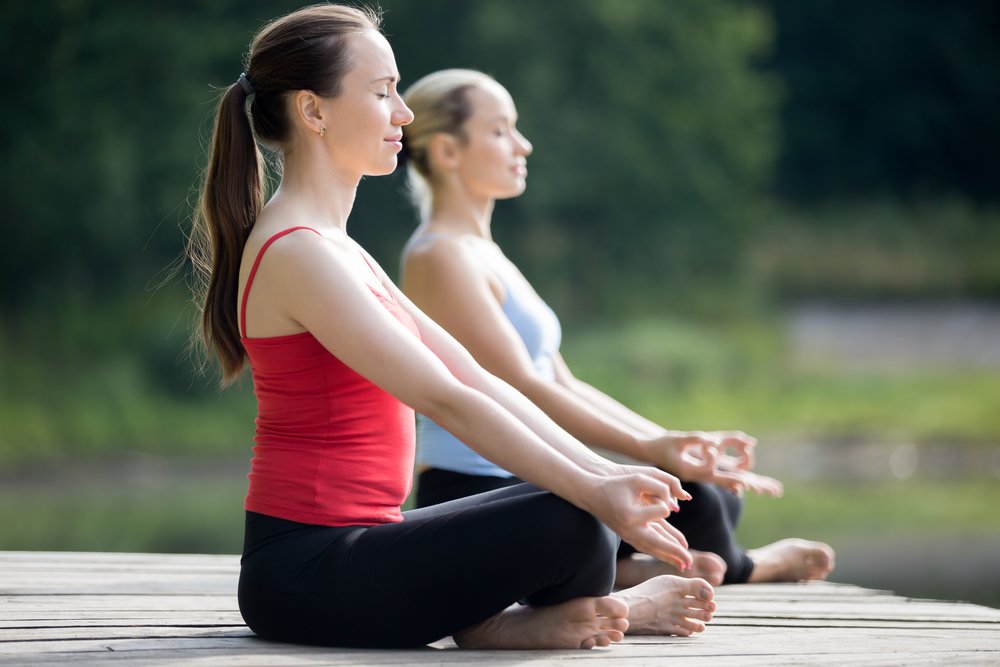
Balance Your Social Life
Amongst all of the things that influence your circadian rhythm, the most unexpected for most people is a social connection.
Sleep research suggests that having most of your large social interactions during the day and having more calm and intimate evenings can also help reset your circadian rhythm. Obviously, that doesn’t mean you can never go to a party or go out dancing for the rest of your life, it just means that shifting your social time is another opportunity for better sleep hygiene.
Some research has even shown that watching shows with a lot of characters has a similar influence to being very social, while watching shows with minimal characters (faces) helps people settle into sleep more easily.
Of course, you will be watching those shows a couple of hours before bed…., Right?

Eat Nutrient Dense Food
Melatonin is made from serotonin, which is made from tryptophan. Seafood, turkey, almonds and organ meats, like liver and kidneys, contain abundant tryptophan. They also tend to be lower in other amino acids that tend to compete with tryptophan while being absorbed in your gut. By eating more of these foods you will absorb more tryptophan, which generates more serotonin, which means you can produce more Melatonin.
Eating more seafood also increases your availability of long-chain omega 3 fatty acids to your diet, especially DHA and EPA. These important nutrients help support your circadian rhythm by improving the tissue health of your brain, lowering inflammation and also increase your resilience to stress. By, including more healthy saturated fats like organic butter, coconut oil, and eggs with soft yolks you are also helping to build your brain as well as supporting better gut and liver health.
No discussion of healthy eating would be complete without saying EAT MORE VEGETABLES! The increase in vitamins, minerals, antioxidants, and abundant fibre has undeniable benefits for health. Increasing your nutrient density, your ability to clear oxidative stress, and your ability to clear toxins from your gut will definitely improve your brain’s health, help clean out your pineal gland and, of course, improve your sleep.
Some people have a hard time getting to sleep without a sack, especially a high carbohydrate snack like crackers. There is a reason for this, and it is an important reason to understand if you need to eat in order to fall asleep. When you eat crackers (or other carbohydrate foods) the starch turns to glucose which elevates your blood sugar. When your blood sugar goes up your body releases insulin to put the sugar away. Higher insulin makes your brain and pineal gland produce more serotonin which makes you happy and relaxed and, as you have learned, serotonin becomes melatonin. The challenge with this way of getting to sleep is the starch takes a few hours to completely break down and your digestive system isn’t very vigorous when you are asleep. This can set you up for tooth decay (even if you brush your teeth) and potential Candida yeast or other bacterial and fungal infections.
The microorganisms in your gut love starch and if they get out of balance you may find yourself eventually sleeping worse instead of better. As it turns out about 60% of the melatonin produced in your body is actually made by a healthy balance of critters in your gut. If you are a person who likes to have a snack before bed it would be best to eat a SMALL serving of starch with some fat about 2 hours before you go to bed.
Many traditional cultures recommend simmered milk with nutmeg or cloves. This is because milk has some simple carbohydrates and some fat, as well as nutmeg and cloves having compounds that help you relax. If you are avoiding dairy, a good option is coconut milk with nutmeg, cloves, cinnamon, and a little bit of honey about 40 minutes before bed – especially if you are practicing the other guidelines for sleep hygiene.
Many people around the world use Golden Mylk for Sleep. You can learn more about this amazing homemade medicine HERE.
Some people have a hard time staying asleep because of hypoglycemia, insulin resistance or cortisol resistance.
In that case, it is better to have some protein with some fat about 45 minutes before you go to bed. My favourite late-night, deeper sleep snack is leftover protein around 40 minutes before I go to sleep. The protein is gradually digested into glucose and can help you get to sleep and also sleep the whole night through.
Alcohol is VERY Bad for Your Sleep
Millions of people rely on the sedative effects of alcohol to help them fall asleep. Unfortunately, alcohol interferes with the release of Glycogen, which can be essential to keep you asleep all night. As I have mentioned, one of the most common causes of waking up at 3:00 am is hypoglycemia – or low blood sugar.
If your liver is jammed up with the chaos of alcohol, it cannot regulate your blood sugar and your brain will hit the proverbial ‘red button’, and you will have restless, wakeful, or full-on interrupted sleep.
Conclusion
I hope this article has encouraged you to experiment with sleep hygiene. It could change your life while supporting all of the tissue repair processes that normally happen while you sleep.

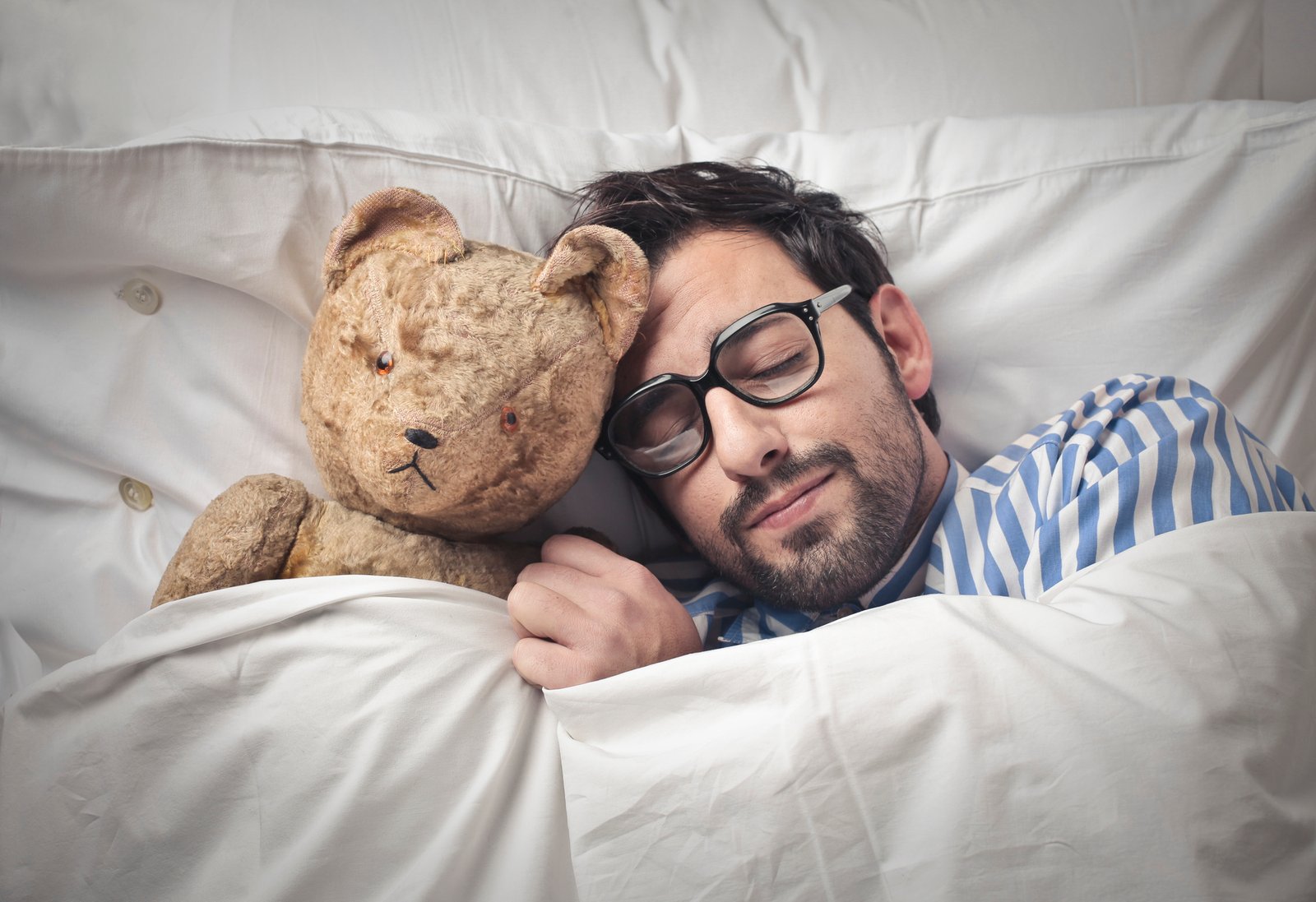
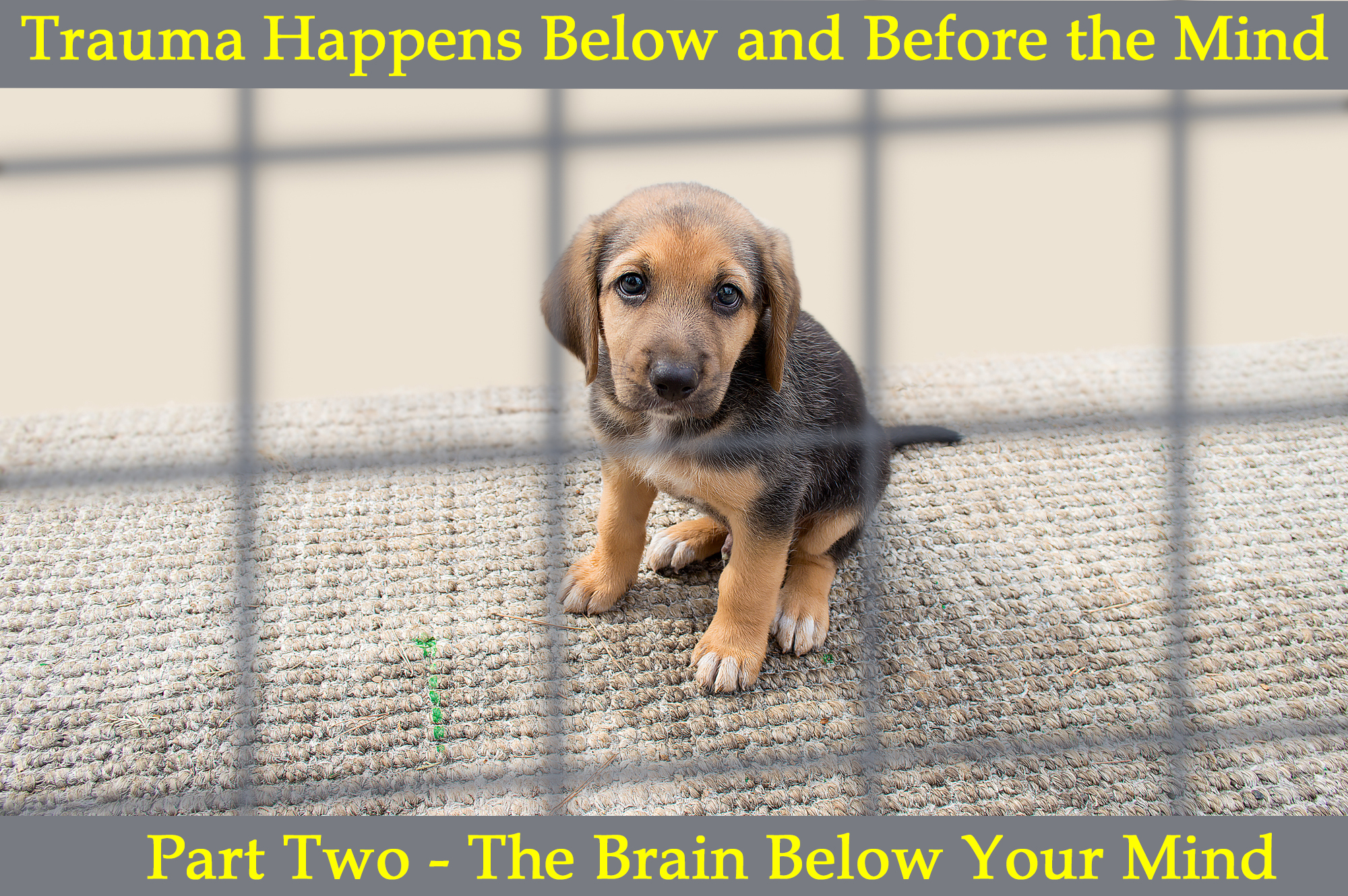


Leave A Comment